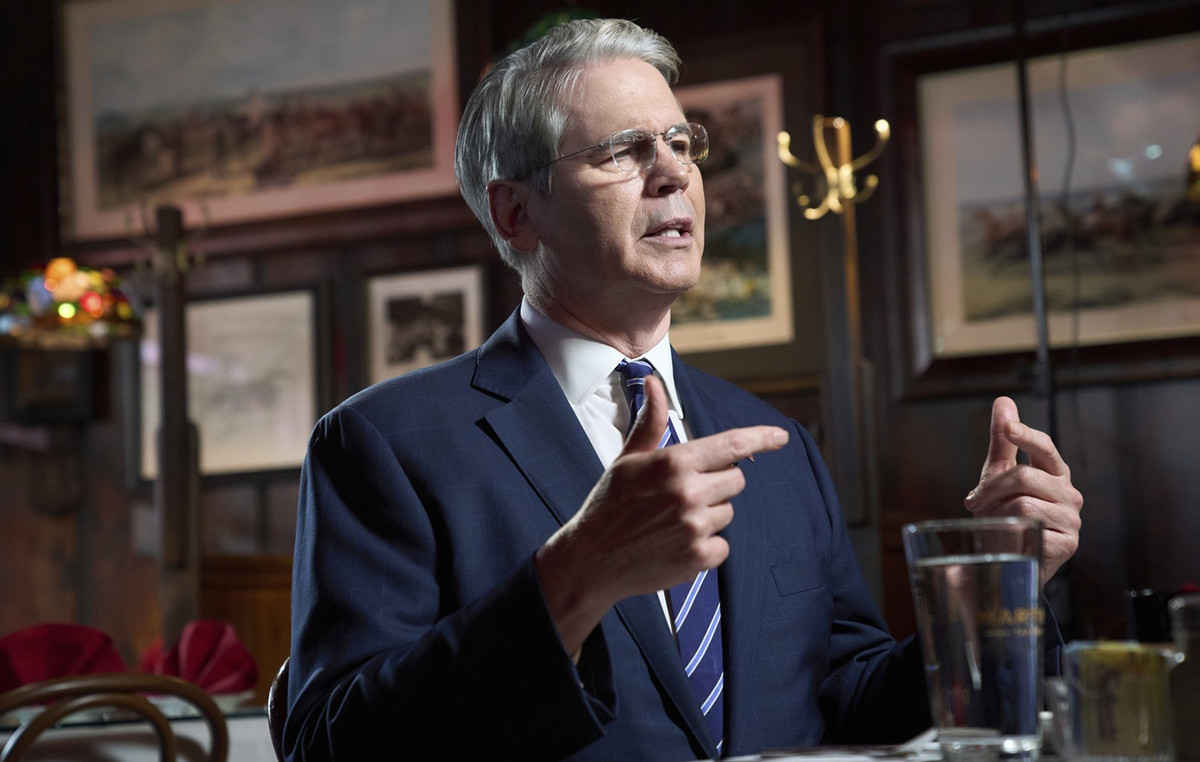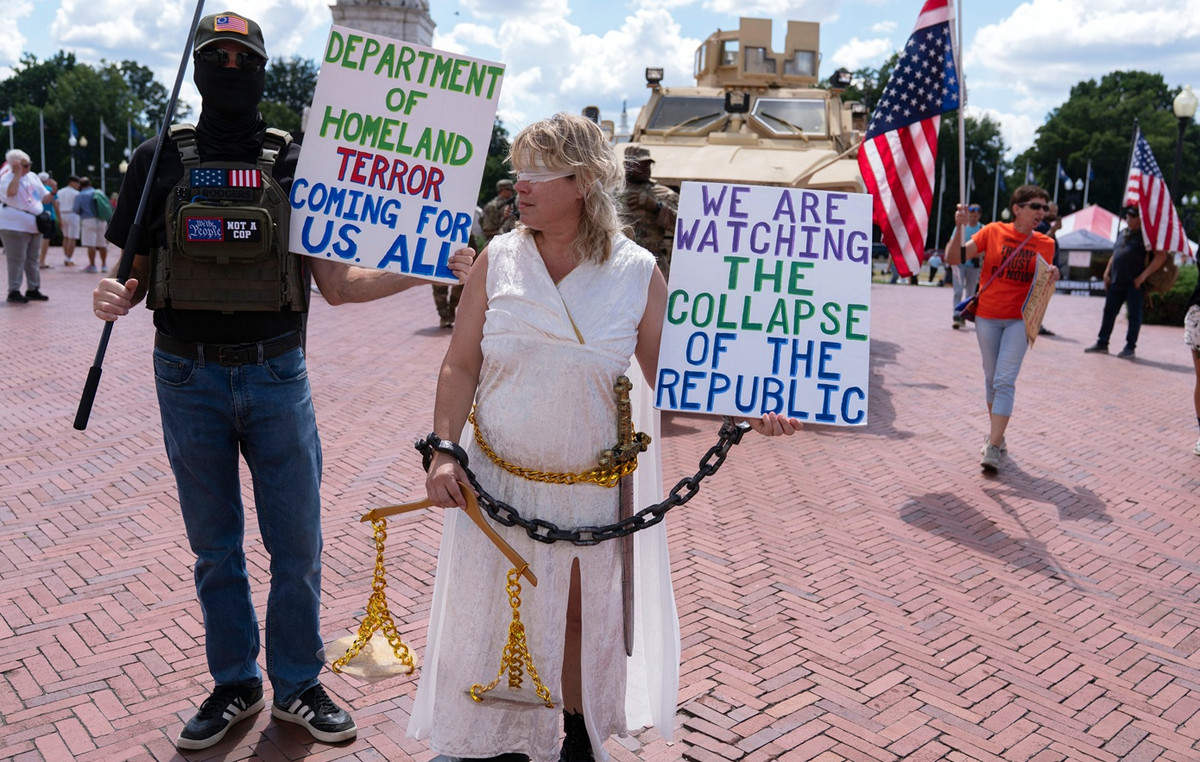The plenary of the Chamber of Deputies approved this Tuesday (13) a project that changes the Law of State Companies and that, in practice, facilitates appointments of politicians to high-ranking positions in public companies.
The text reduces from 36 months to 30 days the quarantine period for which a person who has acted in the decision-making structure of a political party or in work linked to the electoral campaign must go through to be able to take office in the management position of a public company and economic society. mixed.
Current legislation prohibits the appointment to the board of directors and to the board of directors, in these cases, of anyone who has acted, in the last 36 months, as “a participant in the decision-making structure of a political party or in work linked to the organization, structuring and carrying out of a campaign electoral”.
According to the text approved in the plenary of the Chamber, this prohibition is lifted and it is only necessary to withdraw from the incompatible activity at least 30 days before the date of taking up the new position as administrator of a public company or government-controlled company, as well as members of boards of directors.
The initiative also facilitates the appointment of people to the board of directors or the collegiate board of regulatory agencies.
These points were added at the last minute by the project’s rapporteur, Margarete Coelho (PP-PI), one of the main allies of the mayor, Arthur Lira (PP-AL), in the House. The text now goes to the analysis of the Federal Senate.
Originally, the project was proposed to increase the limit on advertising and sponsorship expenses by public companies and savings societies.
Measure may facilitate Lula’s nominations
The change was contemplated and approved hours after the elected President of the Republic, Luiz Inácio Lula da Silva (PT), announced Aloizio Mercadante for the presidency of the National Bank for Economic and Social Development (BNDES).
In principle, the project can benefit Mercadante because there are those who consider that his appointment violates the law of state-owned companies. Mercadante was the coordinator of Lula’s government program through the Perseu Abramo Foundation and is a historical member of the Workers’ Party (PT).
The topic has caused confusion in the transition team. According to the analyst of the CNN Raquel Landim, Lula was uncomfortable with the restrictions imposed by law on the appointments he intends to make.
The analyst of CNN Caio Junqueira found that members of the transition team are internally debating the possibility of making changes to the State-owned Law in order to allow political appointments. In addition to Mercadante, Senator Jean Paul Prates (PT-RN), quoted to take over Petrobras, would be one of the main beneficiaries. Jean Paul is the leader of the party in Rio Grande do Norte.
The State-owned Law was approved during the Michel Temer (MDB) government as a response to the accusations of corruption in Operation Lava Jato that pointed to corruption at Petrobras.
Reviews
Federal deputy Tiago Mitraud (Novo-MG) was one of those who criticized the reduction of the quarantine period in the plenary of the Chamber.
“Now, after 10 pm, the quarantine has been reduced from 36 months to one month, so that politicians can assume management positions in state-owned companies. This is curious, because it shouldn’t even be called quarantine anymore. The rapporteur should have changed that name, because this quarantine will not even last 40 days, it will take a month, only 30 days for a party leader, for a PT president to leave the PT directory and go directly to preside over a state-owned company” , he declared.
His colleague Marcel van Hattem (Novo-RS) called the change in the State-Owned Companies Law the “Aloizio Mercadante Amendment”.
Asked about the proposed change in the State-Owned Law, rapporteur Margarete Coelho argued that there is “a certain exacerbation in that period” of 36 months.
“People are suspected, for example, who take over directorates of small political parties in small municipalities and with that are prevented from doing so for 36 months, they are under suspicion for 36 months. What is understood is that there is a certain exacerbation in this period. So, this is the justification for the report and the justification for the vote as well.”
Source: CNN Brasil
A journalist with over 7 years of experience in the news industry, currently working at World Stock Market as an author for the Entertainment section and also contributing to the Economics or finance section on a part-time basis. Has a passion for Entertainment and fashion topics, and has put in a lot of research and effort to provide accurate information to readers.







